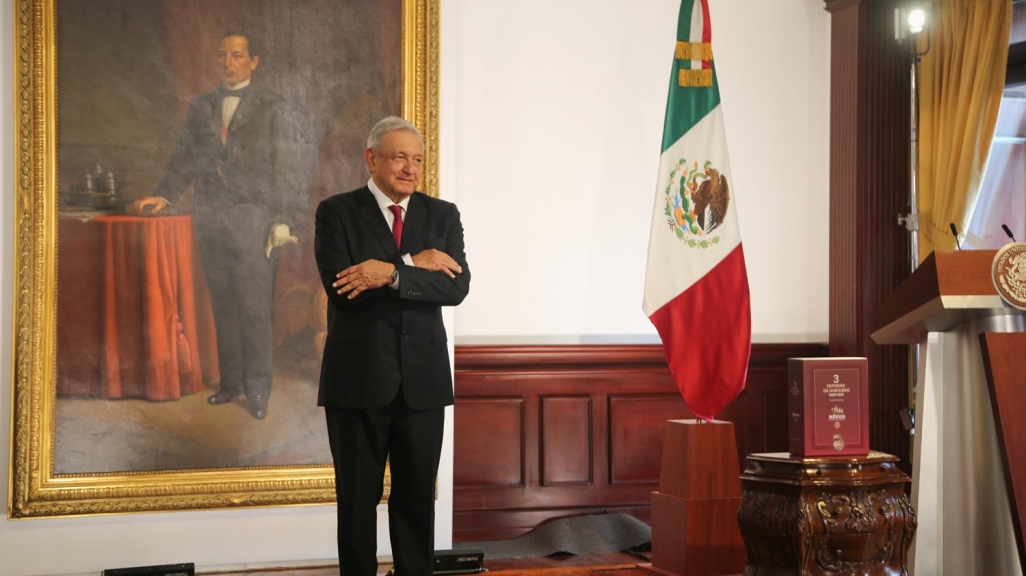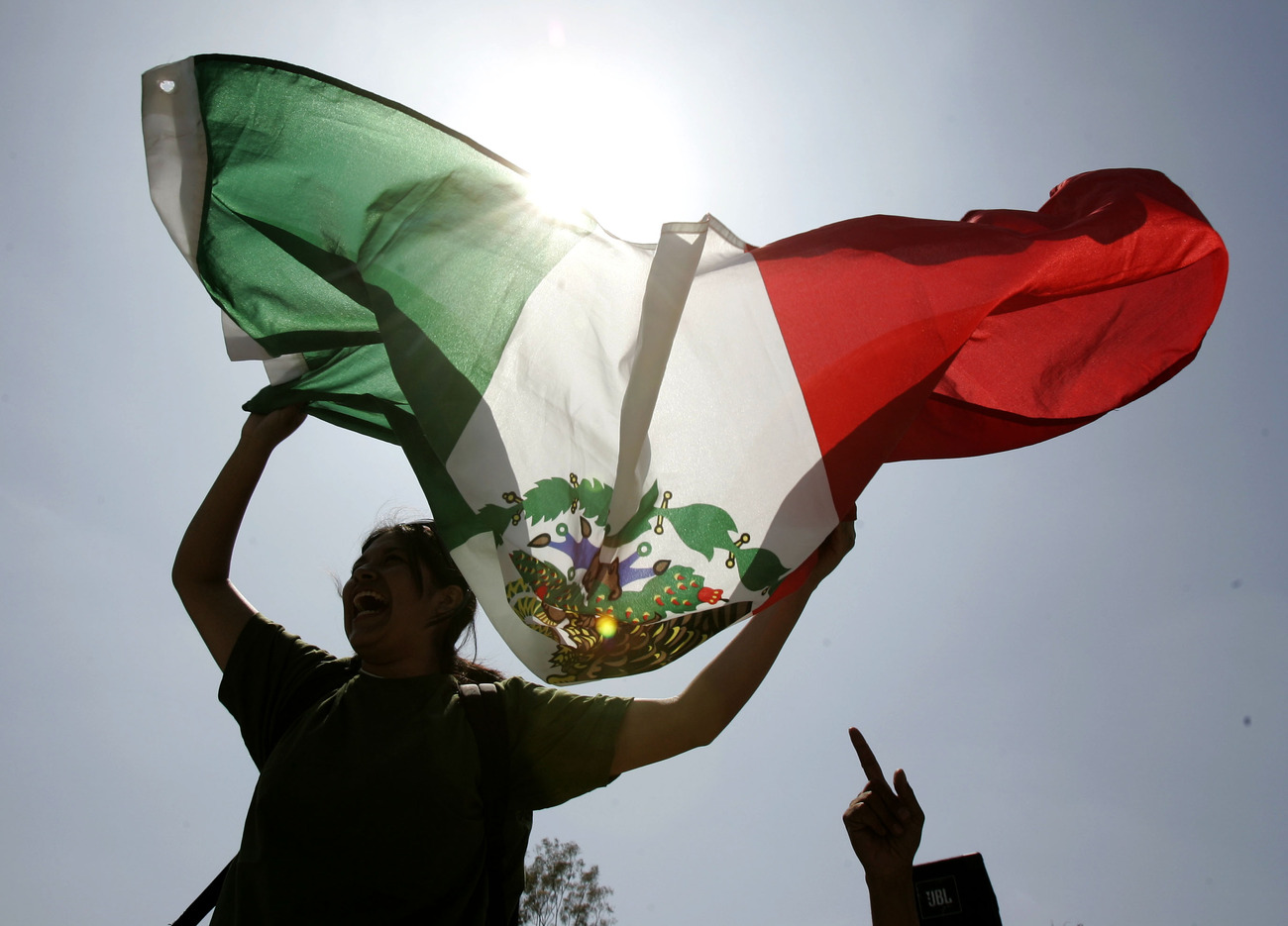LatAm in Focus: The Midway Point for Mexico's AMLO
LatAm in Focus: The Midway Point for Mexico's AMLO
By
Carin Zissis
Luis Rubio of México Evalúa digs into how the president seeks to shape his legacy against the backdrop of a new legislature and bilateral talks with Washington.
Approval Tracker: Mexico's President AMLO
See Andrés Manuel López Obrador’s approval levels at the end of his six-year term.
"The big issue that Biden needs to address with Mexico is helping create conditions for Mexico's economy to thrive."









